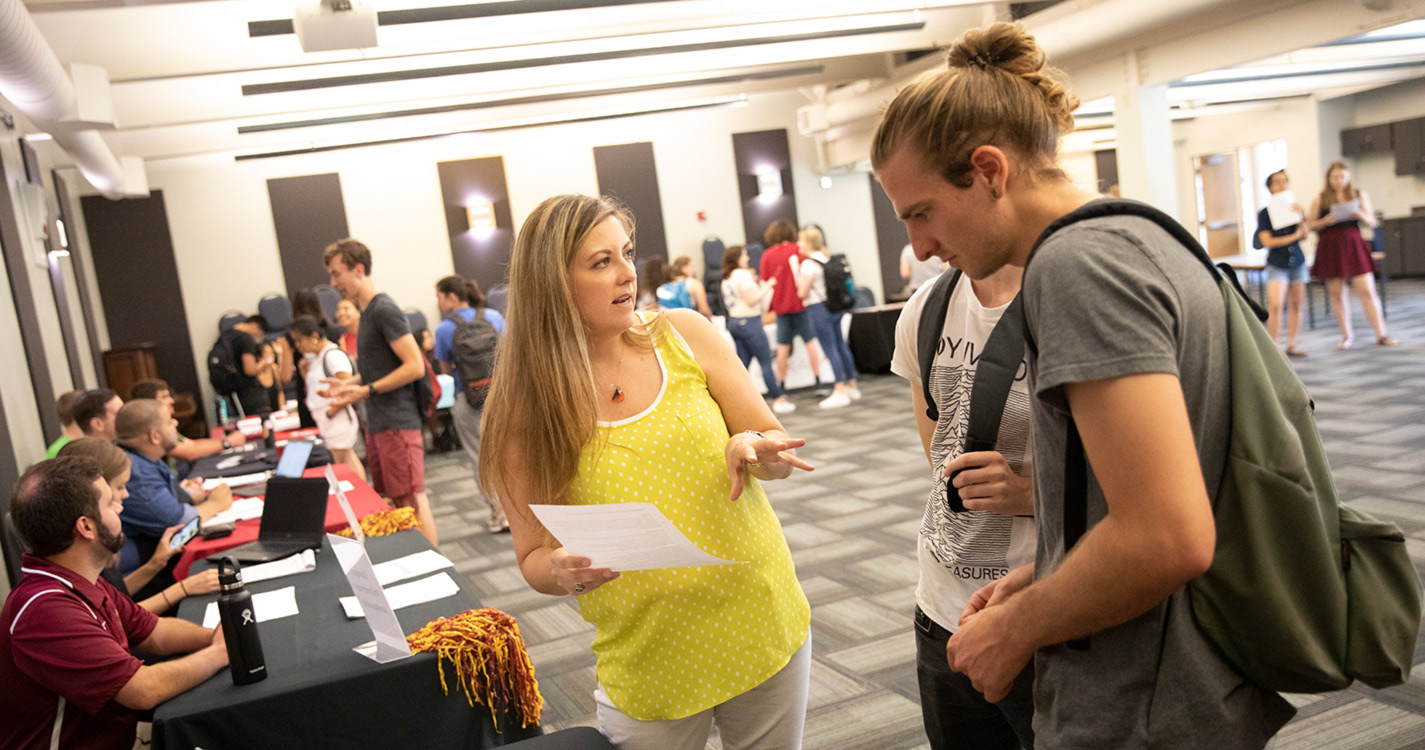You’ve done the research, figured out the pros and cons and maybe even created a spreadsheet, but you still can’t narrow down your list.
Whether you’re just beginning the college search or debating over your final decision, the process can be complex as you sort through what’s most important to you. Figuring out the best options usually means striking a balance between cost, academic goals, extracurriculars and location. But other priorities, like being close to family and maintaining relationships, play a huge part in where you decide to attend, too.
Look beyond the rankings
Everyone turns to rankings as a starting place, but consider your priorities regardless of a college’s status. Are small class sizes and strong relationships with faculty important to you, or do you want a big campus experience? What kind of atmosphere do you need to feel the most comfortable and succeed academically?
Think up, down and around priorities
When we’re faced with a conflict, storytelling is a great method to work through it. Think about what you know at each college and play out scenarios. Answering these questions will help remind you of what you’re willing — and not willing — to give up.
Reset your priorities
If you didn’t get into any of your top colleges, or you had your heart set on one, don’t let your emotions affect the final decision. Figure out the features that made your top schools great to you and find new schools that match.
Know your decision-making style
Some personality types find big decisions harder to make than others, said Mandy Devereux, Willamette’s career development director. A question she often poses to students: Say you’re deciding on a restaurant — are you the type who might have a place in mind but defers to a friend? Or regrets ordering something from the menu later?
If you really care about other people’s opinions, it can be difficult to recognize your own. Being aware of how you make decisions — and who or what influences you — can help narrow down your options, she said. For some people, that means turning inward and identifying the reasons colleges don’t fit. For others, it might mean reaching out to parents, partners or whoever represents their value system.
In the end, trust your gut instinct. If it just feels right, it probably is.
Remember there’s no perfect answer
Big decisions often trigger an equally big fear we’ll mess up our lives forever. But if you’re debating between colleges, you’re already making a good decision. “Sometimes, there’s no perfect answer — just a well-informed choice,” Devereux said.
Contact the career development office Willamette University Admissions


